Overshadowed by Islam: minority religions in Switzerland
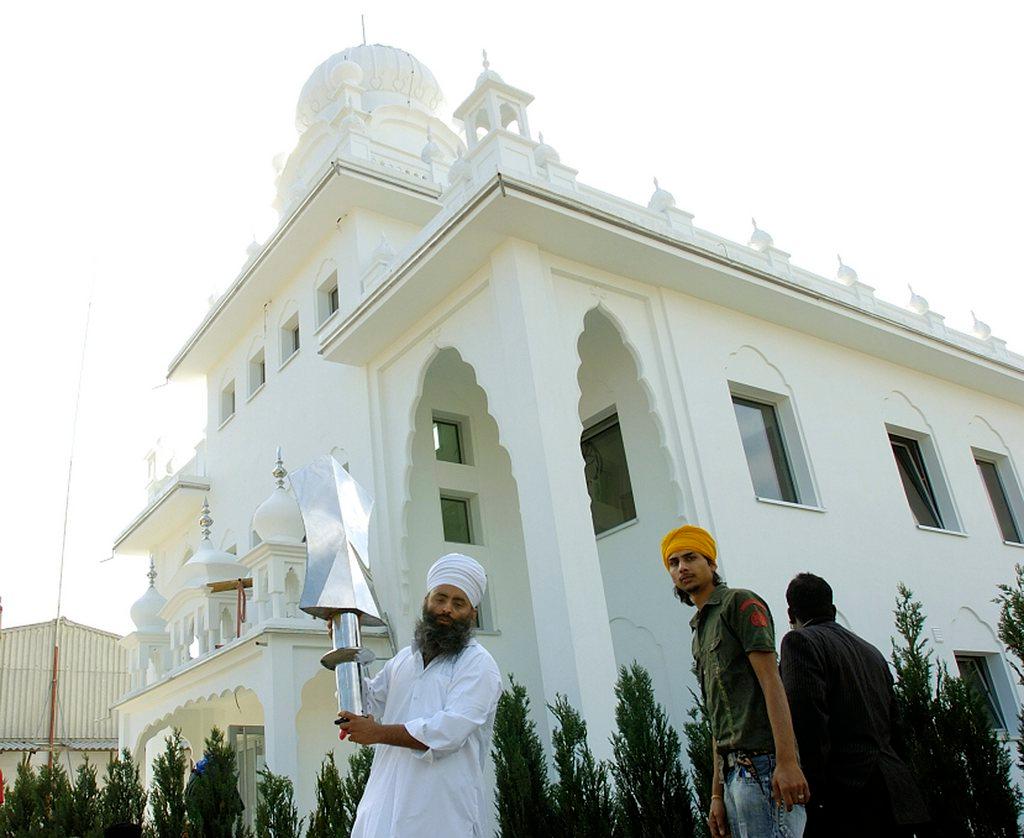
Political and media debates on religion in Switzerland focus mainly on Muslims and Islam. But the country also has many people of Hindu, Jewish and Sikh faith. What do they think of this imbalance?
Whether the issue concerns school, the workplace or the public domain, Islam monopolises debates on religion and integration of foreigners in Switzerland. The Islamic headscarf, prayer halls in schools, the practice of Ramadan, and separate areas in cemeteries for Muslims are recurrent topics of discussion in Swiss politics and public opinion.
While the attention may be justified by the international context and by the number of Muslims in Switzerland – they now represent 5% of the population – experts say it would be a mistake to ignore the fact that the religious environment in Switzerland today is very diverse. In addition Catholic and Protestant majority faiths, there are Jews, Buddhists, Hindu, Sikhs and Orthodox Christians, to mention just a few.
“In the media they are often ignored. There is talk about them only when something happens,” notes Martin Baumann, professor of religious studies at the University of Lucerne. He gives the example of the Hindu community in his city. “They [came under] some scrutiny in 2012 when, for the first time in Switzerland, they got the authorisation to sprinkle the ashes of their dead in the river Reuss.”
For Alexandre Sadkowski, priest of St Catherine’s Orthodox parish in Geneva, it is to be expected that the media will focus on current issues – and thus on Muslims. “It was that way a few years ago with the issue of minarets and then refugees. If you do not hear talk of other religions, it is because they do not have problems of integration – or it is just not an interesting topic.”
Search for recognition
Baumann points out another aspect: “Many religions with emigrant communities here have a problem of organisation. They have no representatives who speak a [Swiss] national language well and can talk to the media. There is a lack of professionalism in relations with the outside world.”
But he also points out that some religious groups, like the evangelical churches, prefer not to be in the media. “They can be a bit critical in their attitude to journalists because they feel they are not understood. I think some of them are just happy to be left in peace.”
Lack of focus on minority religions is common not just in the media, but also in the political and administrative spheres, Baumann says. “Some religious communities would like closer collaboration with the offices in charge of integration. The major discussion about official recognition of one’s religion in Switzerland is taking place not only among Muslims, but also members of other religions.”
Such recognition, which is a matter for the cantons, is quite important, explains Sadkowski. “It would give us a chance to be consulted and be in on decisions. We Orthodox do not have a lot of requests, but when we do have one, like building a church, we don’t get much of a hearing.”
Schools take harder line
The equal rights of the Jewish community in Switzerland have been recognised for 150 years. Members of this group do not feel they get less attention because of Muslims, says Jonathan Kreutner, general secretary of the Swiss Federation of Jewish Communities. “But we do find growing scepticism with regard to religion generally.”
He recalls that solutions were always found in the past for special circumstances, such as excused absences from school on Jewish holidays like Yom Kippur. “Today it is harder. Proposals for stricter rules in school are mainly aimed at Muslims. There are more and more Muslims and thus more and more parents asking for dispensations for their children. This has made schools take a more restrictive approach,” says Kreutner.
His worry is that unfavourable attention to Muslims could end up affecting the Jewish community too. “If you demand a ban on the Islamic headscarf, you may not realise that this may also mean a ban on the kippah,” he says, referring to the skullcap worn by observant Jewish males.
His concern can be seen playing out in public, for example, in Valais, where the cantonal wing of the conservative right Swiss People’s Party presented a referendum initiative in February under the slogan: “For pupils to be bare-headed in Valais public schools”. The steering committee for the referendum made clear it is mainly a move against the Islamic headscarf, but it would forbid all head coverings.
Cut your hair to get a job?
The issue of head coverings also concerns Sikhs. The male members of this religion are highly visible because of their turbans, which serve as coverings for hair that is supposed to remain uncut. There are not many Sikhs in Switzerland – no more than a thousand – and the turban does not seem to cause any particular problems. This may also be because many Sikhs are self-employed, as Baumann notes.
Yet harmonising the practice of the Sikh religion with daily life here is not always easy, as Jorawar Singh, a representative of the Sikh community in Switzerland, recently told the newspaper Schweiz am Sonntag. Families that do not have their children’s hair cut have trouble being accepted at school or in the workplace. Singh added that quite a few young Sikhs have trouble finding apprenticeships, which in Switzerland is the usual way into the working world.
In the name of religious freedom
Every religion has its own aspirations, explains Baumann. “For the diaspora, the greatest desire is to build a temple or a pagoda where they can meet.”
Sasikumar Tharmalinguam, a Hindu priest at the House of Religions in Bern, hopes that Hindu temples will become more accessible and visible here. “Most of the 22 Hindu temples in Switzerland are in underground [parking garages], industrial zones, or beside waste incinerators,” he says ruefully. “We would like to be able to give our temples a spire, which is an important symbol for Hindus.”
In general, Baumann finds that immigrants – especially Hindus and Buddhists – have adapted their religious practice to life in Switzerland. He recommends, however, that governments take the needs of minorities seriously, in the name of religious freedom.
Translated from Italian by Terence MacNamee

In compliance with the JTI standards
More: SWI swissinfo.ch certified by the Journalism Trust Initiative
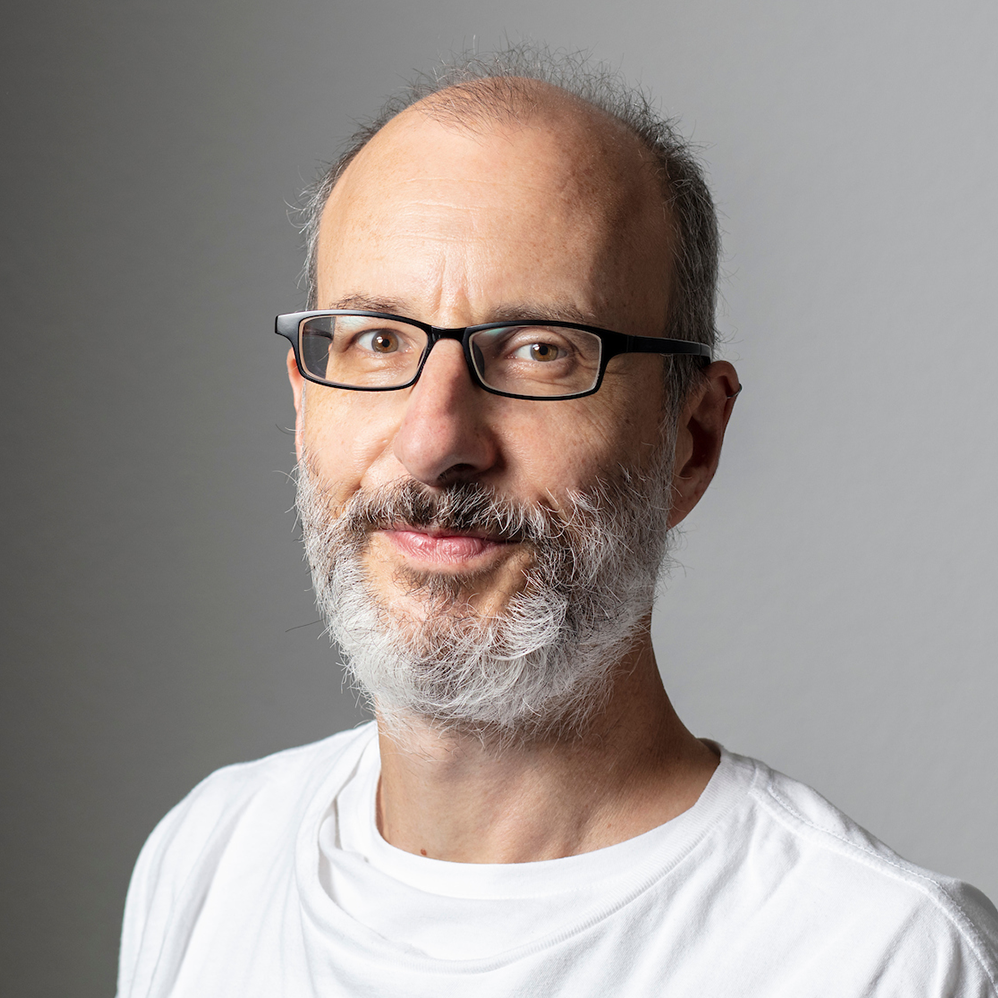
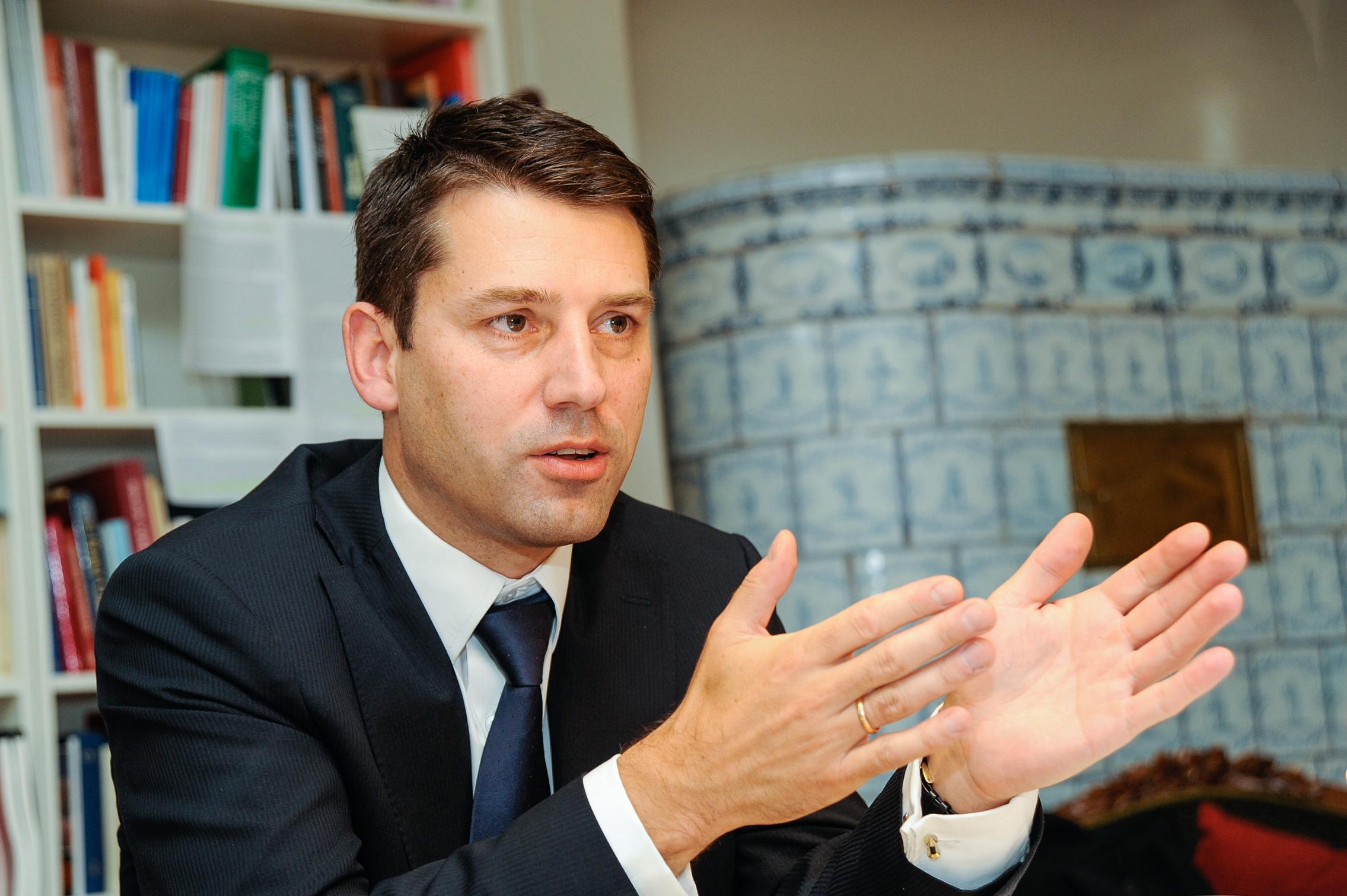
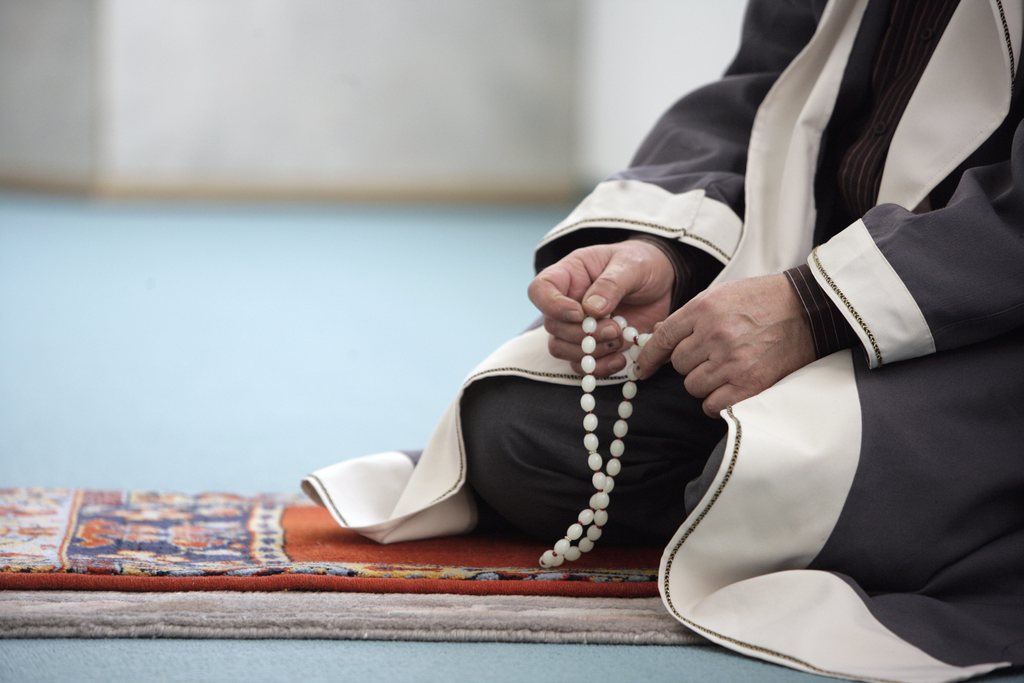


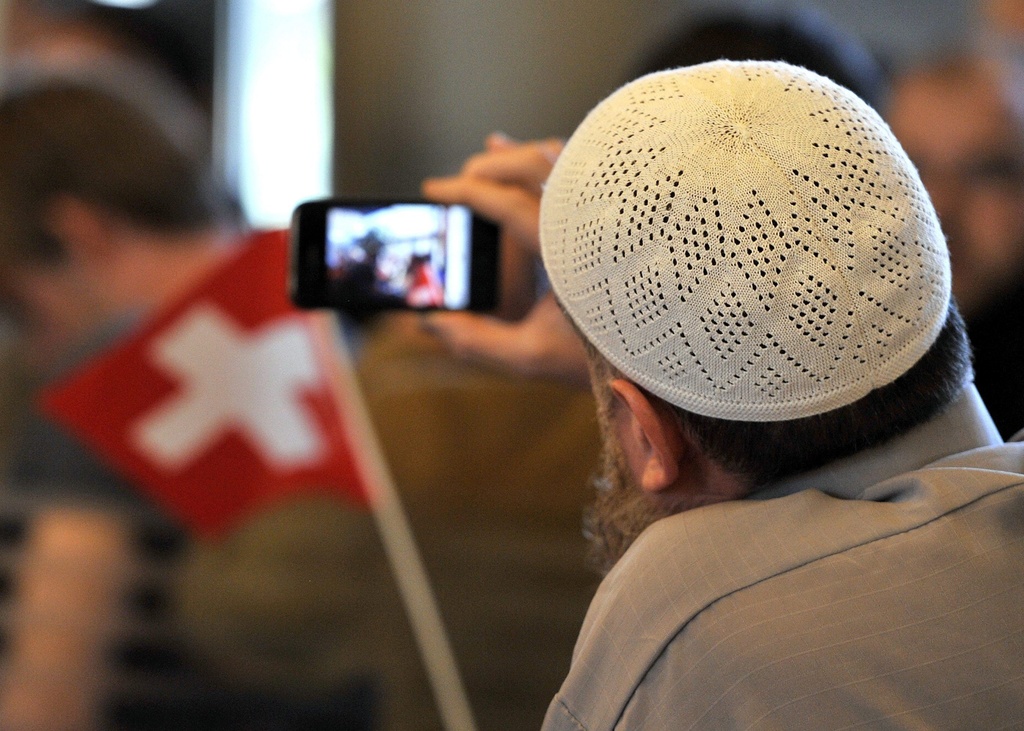
You can find an overview of ongoing debates with our journalists here. Please join us!
If you want to start a conversation about a topic raised in this article or want to report factual errors, email us at english@swissinfo.ch.